Transparency in trade talks to come when deal complete, says Senator on Canada-U.S. council
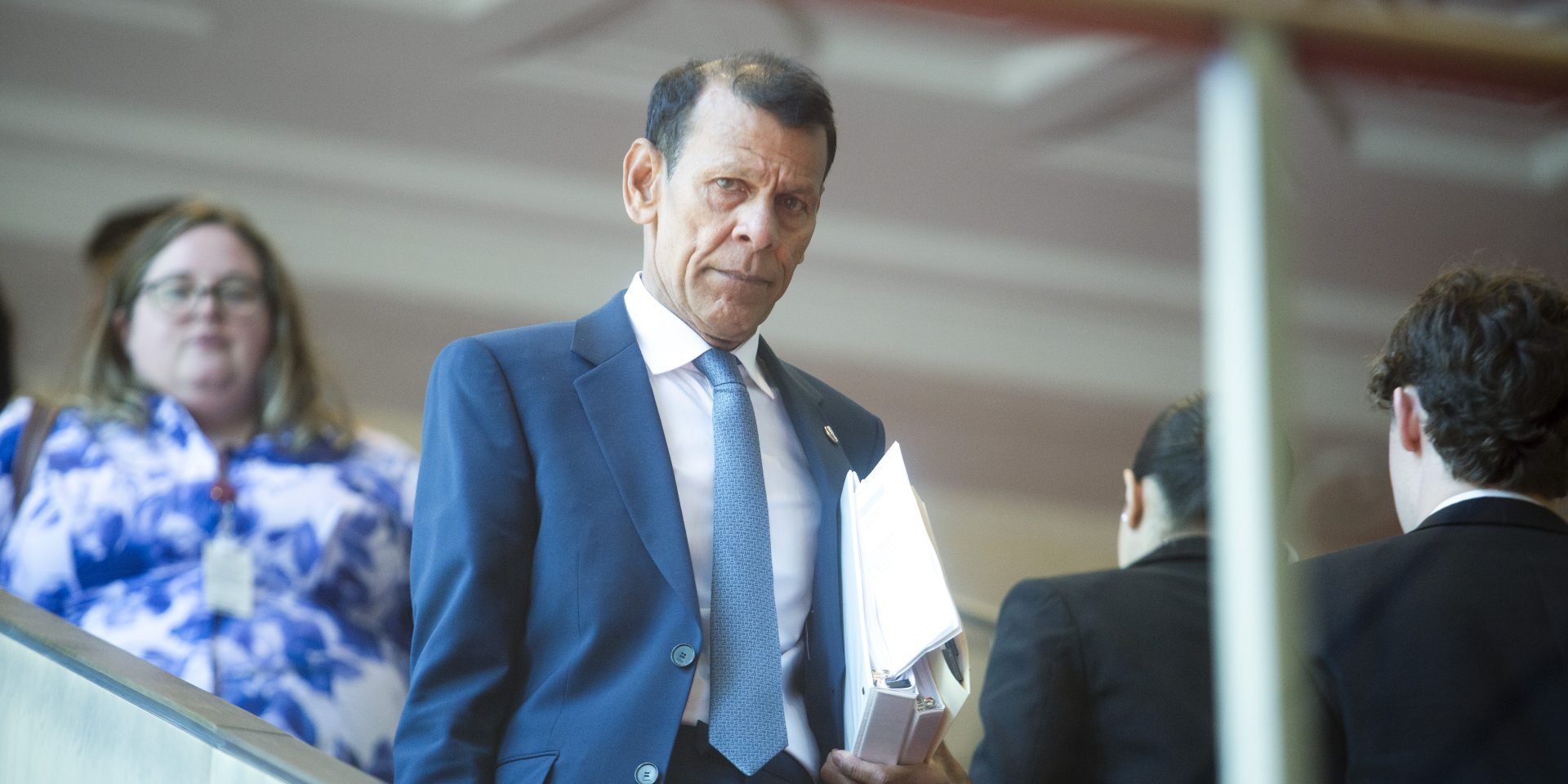
Amid calls for increased transparency over the Liberal government’s negotiations with the United States, a member of the prime minister’s Canada-U.S. advisory council says that clarity will have to wait until trade talks are completed.
Prime Minister Mark Carney (Nepean, Ont.) has been mum on what precisely he is seeking to accomplish in trade negotiations with U.S. President Donald Trump. The New Democrats have called on the government to table its objectives for the talks in the House of Commons.
“I think there should be transparency once the negotiations have concluded,” said Independent Senator Hassan Yussuff (Ontario), a member of Carney’s Council on Canada-U.S. Relations. “Canadians do have the right to know where we ended up at the end of the day, but I think given the delicate nature of the negotiations at this stage, I think it’s fair for the government to try to keep its hand close to its vest as a way to not prejudice the outcome of what might happen.”
He said that limited details about the negotiations are being shared with the council.
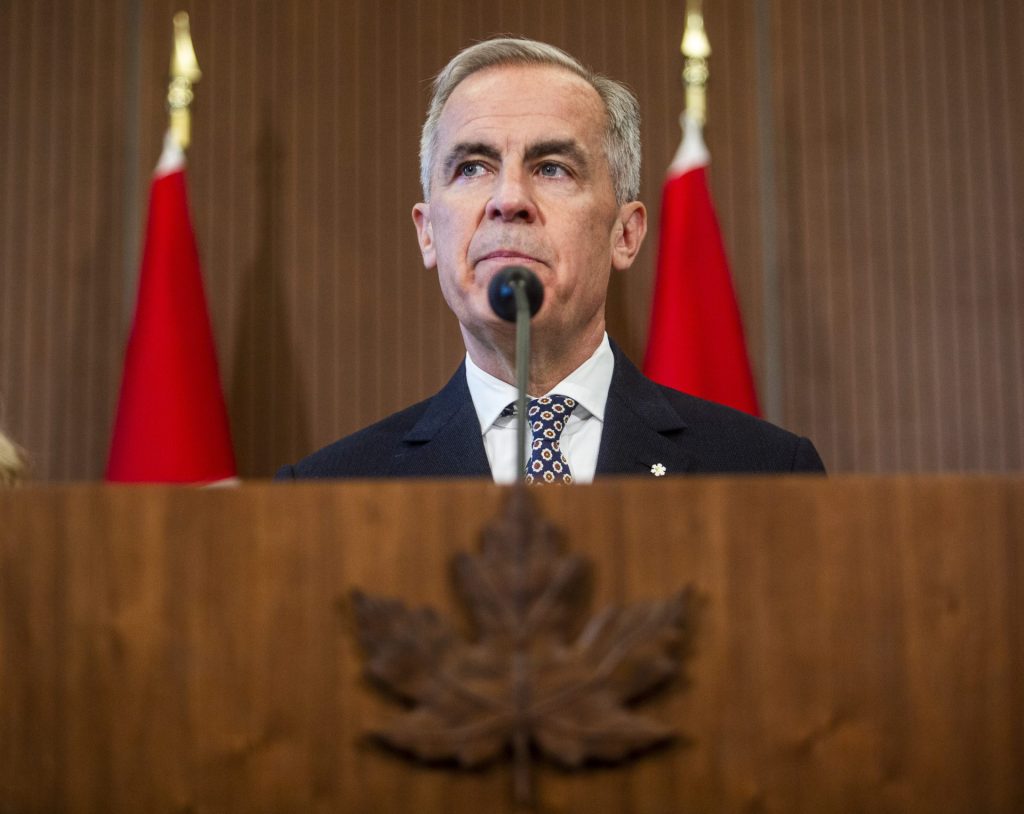
Yussuff said both Canada and the U.S. need to exercise caution to not say anything that could be interpreted the wrong way, but also not to cause any false hope over the trajectory of the talks.
“The government will have an obligation to inform Canadians, if there is an agreement, as to how we got here and allow for as much transparency for Canadians to understand … how we ended up where we ended up at the end of the day,” he said.
The NDP and labour groups have been calling for more transparency in trade talks, including the tabling of the government’s negotiating objectives, as previously reported by The Hill Times.
Conservative MPs on the House Committee for International Trade have called for an emergency meeting to “contribute to the negotiations process and ensure transparency.” None of the three studies approved by the trade committee before the House rose in June dealt with negotiations with the U.S.
Bloc Québécois Leader Yves-François Blanchet (Beloeil-Chambly, Que.) also said in a July 10 social media post that Parliament—or at least the party leaders—should be kept informed about the state of negotiations.
Yussuff said the objective for the negotiations is to get a “fair deal,” and to do “everything to protect our industry, workers, and our vital interests.”
He said that the government’s strategy is to remind the Trump administration that the Canada-U.S.-Mexico Agreement (CUSMA) is in place, and if there are issues to be discussed, there is a process to do that through the agreement.
“In the absence of [getting a fair deal], there will be criticism—it could be from the council [or] writ large from Canadians that get a chance to judge the agreement once it is finalized,” he said.
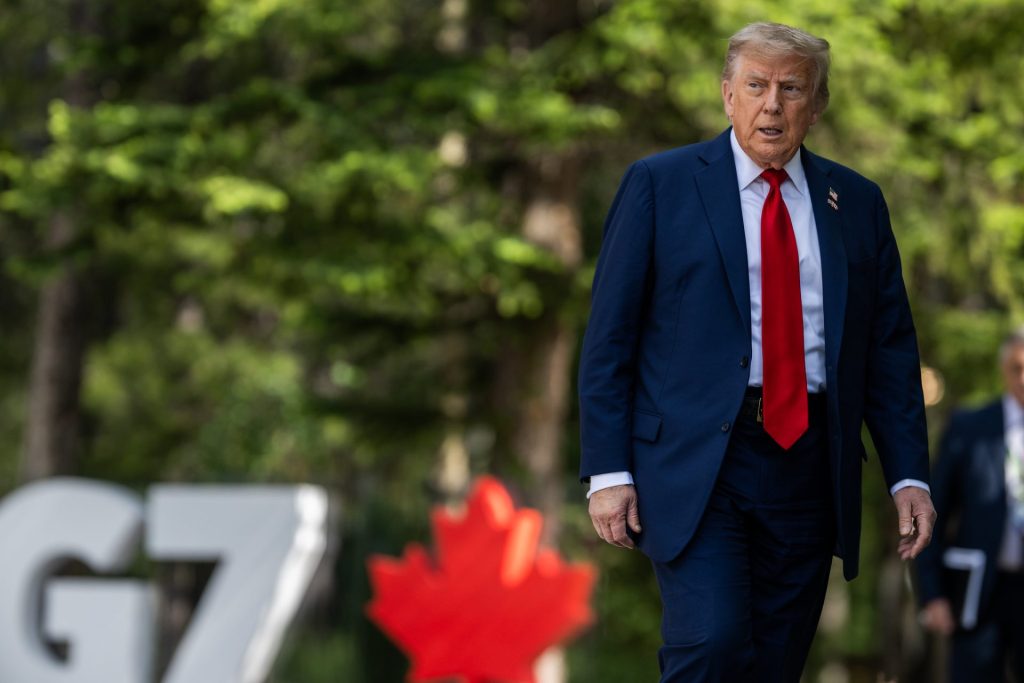
The council was initially set up this past January by then-prime minister Justin Trudeau as a redux of the previous NAFTA council, on which Yussuff also sat as then-president of the Canadian Labour Congress.
Yussuff said the council last met in late June prior to the government’s decision to rescind the digital services tax (DST)—a major concession granted to the Trump administration by Canada to resume trade talks after they were suspended by the American president due to complaints about the levy.
The Ontario Senator said the last meeting was to review what deals other countries have reached with the U.S., citing the pact that the United Kingdom signed with the U.S. That deal maintains a 10-per-cent American tariff on most U.K. imports.
The future of Carney’s advisory council
Yussuff said it will be up to the government to determine how many meetings they wish to hold with the council.
“We’re not going to know for certain all the details of what’s being discussed until we are at a certain place when there is an agreement of some sort that we can look at and hear an explanation of how we got here,” he said.
“I can only assume if the government needs our advice, they’ll seek it. Beyond that, I’m assuming that they don’t need our advice, and they are proceeding in a way that they need to negotiate a fair deal,” he said.
“But at the end of the day, if they are able to land an agreement without our guidance, so be it. We are here to help. We were always of the view that we’re not going to be called every day and every week to give advice or guidance, but when necessary we’re there to do so,” he said.
While the leaders set a deadline at the G7 Summit to finalize an economic and security partnership by July 21, that cutoff has been extended to Aug. 1. In a July 10 letter, Trump told Carney that tariffs on Canada would jump to 35 per cent. The U.S. has previously placed 25-per-cent tariffs on Canada. Like previous tariffs, it was reported that the new measures would mainly be focused on goods that are not compliant with CUSMA.
Carney convened a cabinet meeting on July 15, which focused on the Canada-U.S. negotiations, according to the PMO.
Yussuff said he anticipates that the council will meet either soon before or after Aug. 1 as a potential deal could come together.
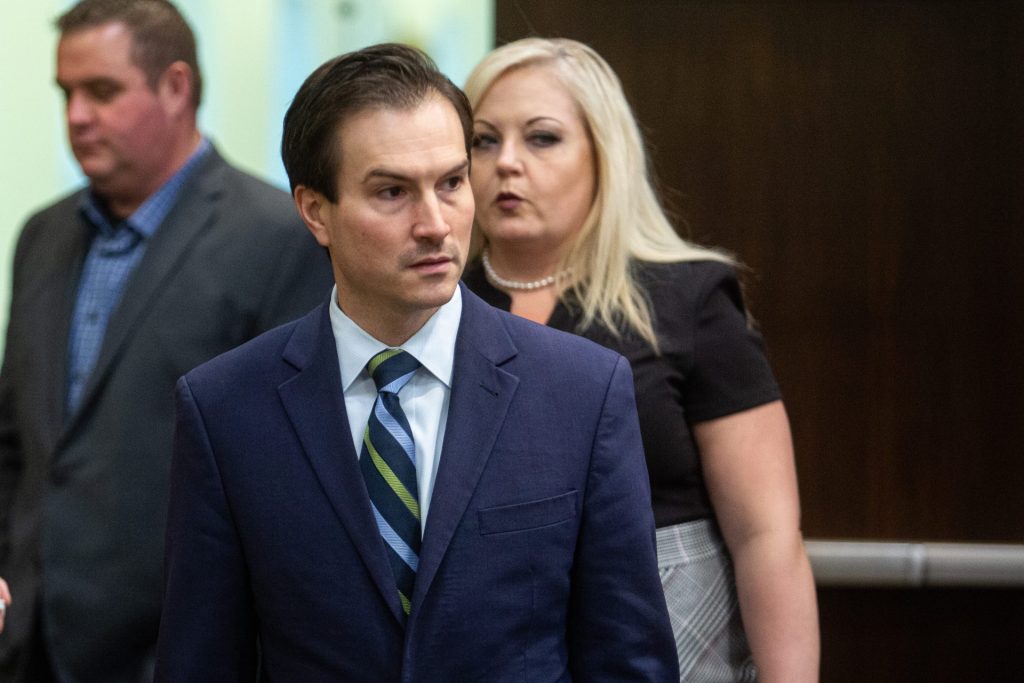
He said that the government has made it clear that it doesn’t want to have tariffs in the end agreement, but noted that it remains to be seen whether that will be the outcome, citing the U.K. case where tariffs are still in place.
“We’ll have to wait and find out and then pass judgment at that point in time,” he said. “The Americans have signalled very clearly that … no matter what happens there will be some degree of tariffs remaining at the end of the day.”
In the last bilateral meeting between the countries’ leaders held at the G7 in Kananaskis, Alta., Trump reiterated his preference for tariffs, while noting that Carney had a more “complex” proposal.
Trade threats aren’t over with: Yussuff
Yussuff said that Canadians shouldn’t expect a potential agreement will end Trump’s trade threats on the country.
“I don’t think we should expect that Donald Trump will not go backwards and change his mind and do something very dramatic that will cost us as a country,” he said. “So long that he’s in power, we should reconcile ourselves to that, that is the reality we are going to be dealing with.”
It was the previous Trump administration that negotiated the trilateral pact that Canada argues the U.S. is violating through its tariff regime.
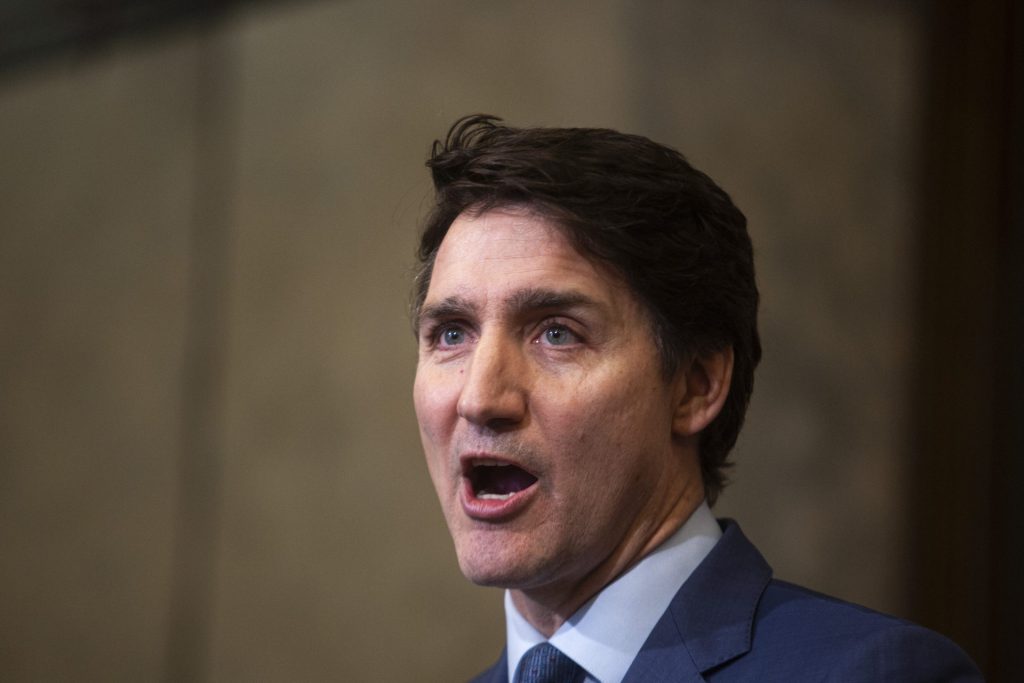
“I don’t think anybody could assure me that this president isn’t going to contradict [himself] immediately after he negotiates something or agrees to something, that he’s going to change his mind,” Yussuff said. “As Canadians, we need to be resolved that we have to build a very diverse economy that isn’t so dependent on the Americans going forward—we are always going to be vulnerable to the unilateral actions of the United States.”
While Carney has pledged to diversify Canada’s trading markets, he hasn’t articulated how any Canada-U.S. agreement would bind Trump not to renege with additional tariffs.
In 2019, the Canadian government and the Trump administration came to an agreement to remove steel and aluminum tariffs, which set out a process for them to be reimposed if necessary.
The agreement allows tariffs to be put in place if imports “surge meaningfully beyond historic volumes,” but it sets out that consultations would occur before tariffs would be reimposed. No such consultations occurred before the U.S. reimposed steel and aluminum tariffs earlier this year.
nmoss@hilltimes.com
The Hill Times






 LICENSING
LICENSING PODCAST
PODCAST ALERTS
ALERTS













